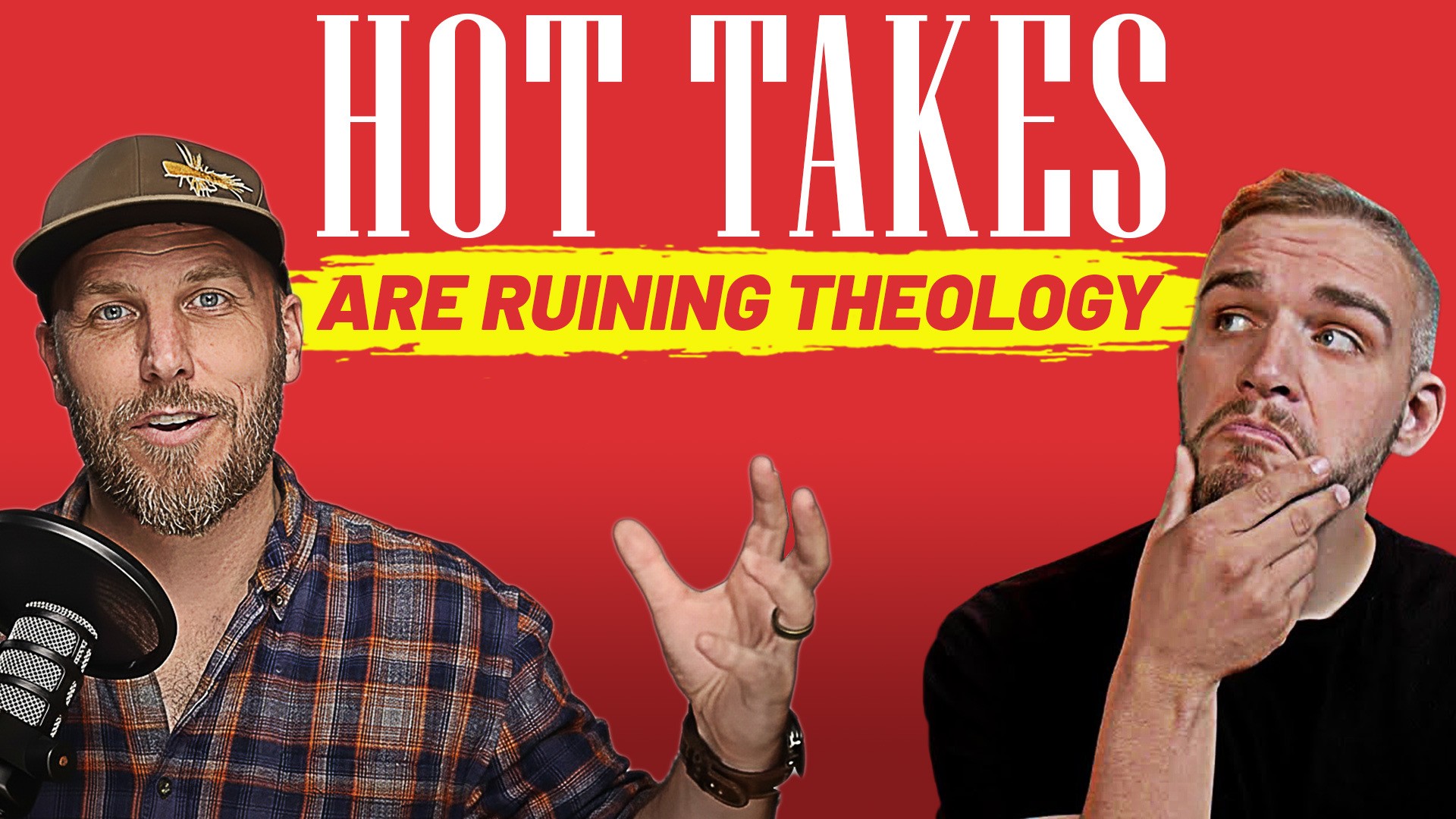True Prophets Have Good Doctrine | Examining Patterns in Old Testament Prophets
Do you know what to look for in a TRUE prophet? It’s more than just accurate prophecies… In fact, Deuteronomy 13:1-5 shows us that a false prophet WILL have accurate prophecies and show us signs and wonders. So what should we look to know the difference between true and false prophets?
Transcript Summary
In this episode of Remnant Radio, Joshua Lewis, Michael Miller, and Michael Rowntree tackle a significant and often-overlooked issue within contemporary charismatic Christianity: the vital connection between prophetic gifting and solid theological doctrine. The hosts address the common, though misguided, notion that prophets are primarily conduits for divine revelation, operating outside the need for rigorous theological understanding.
The conversation begins by acknowledging the historical roots of this misconception, tracing it back to the early Pentecostal movement, where a strong emphasis on experiential faith sometimes overshadowed the importance of formal theological education. The hosts are quick to clarify that they are not disparaging authentic spiritual experiences but rather challenging the false dichotomy that often pits revelation against reason, inspiration against intellectual rigor.
They then delve into a robust exploration of the biblical portrait of prophets, both in the Old and New Testaments. Drawing from a wealth of scriptural references, they demonstrate that true prophets were not merely vessels for delivering messages but were deeply steeped in the covenants of God, intimately familiar with the Law and the Prophets, and consistently calling the people of God back to faithful adherence to the Scriptures. Moses, Samuel, Elijah, Isaiah, Jeremiah, and John the Baptist are all cited as examples of prophetic figures whose ministry was characterized by both profound spiritual insight and a firm grasp of God’s revealed truth.
The Remnant Radio team argues that a working knowledge of the core tenets of the Christian faith is absolutely essential for anyone claiming to speak on behalf of God. They stress that this is not about imposing a rigid system of theological conformity but about ensuring that prophetic ministry is grounded in truth, accountable to Scripture, and ultimately directed toward the glory of God.
The hosts also address a potential point of confusion, clarifying that they are not suggesting that every Christian must become a professional theologian, but that a genuine love for God should naturally lead to a desire to know Him more fully, to understand His character and His ways as revealed in His Word. They stress that spiritual gifting should never be used as an excuse for theological laziness or a lack of intellectual curiosity.
The team concludes with a passionate call for a restoration of balance and discernment within the charismatic movement. They emphasize that true prophetic ministry is not about sensationalism, self-promotion, or the pursuit of novel revelations but about humbly submitting to the authority of Scripture, speaking truth in love, and building up the body of Christ in faith, hope, and love.



